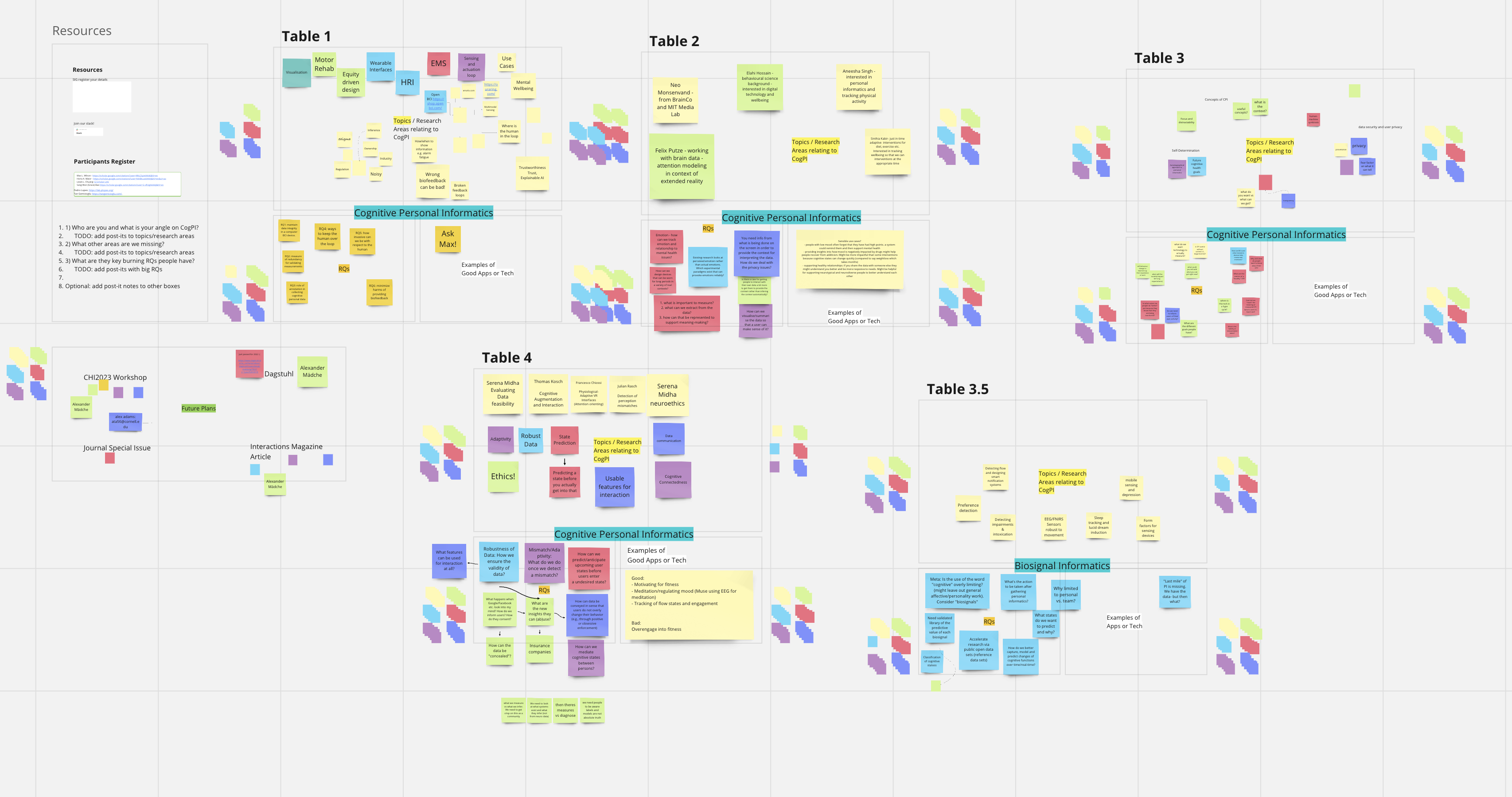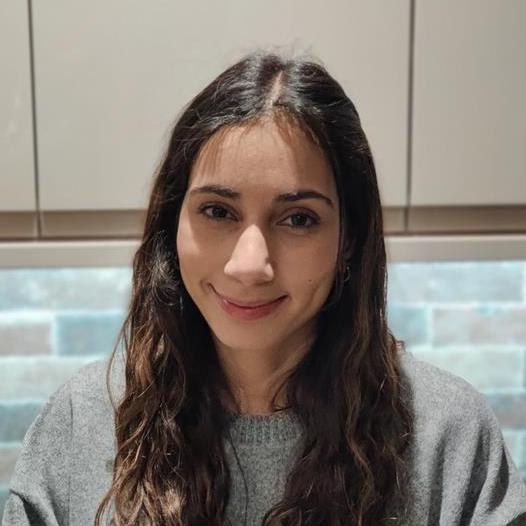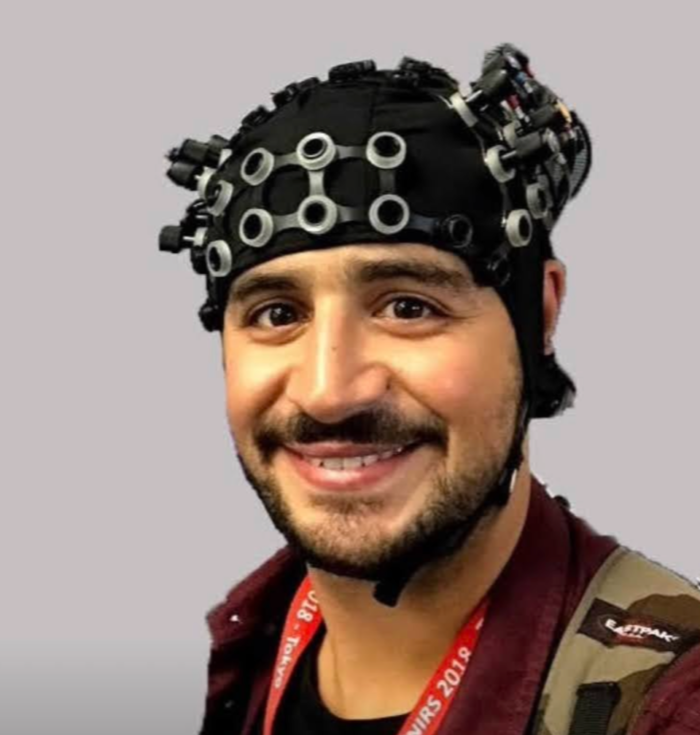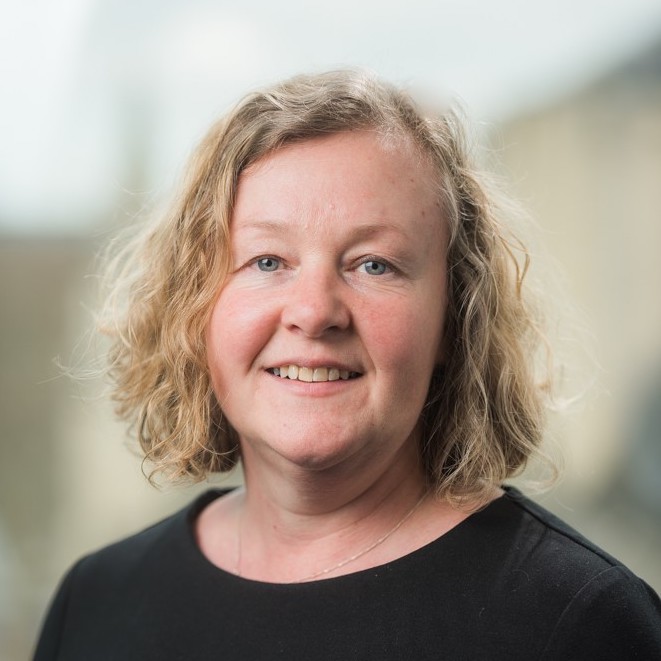SIG: From BCIs to Cognitive Personal Informatics
CHI2022 - Tue 3rd May 2022 - 2:15pm New Orleans time
-
Consumer neurotechnology is arriving en masse, even while algorithms for user state estimation are being actively defined and developed. Indeed, many consumable wearables are now available that try to estimate cognitive changes from wrist data or body movement. But does this data help people? It's a critical time to ask how users could be informed by wearable neurotechnology, in a way that would be relevant to their needs and serve their personal well-being. The aim of this SIG is to bring together the key HCI communities needed to address this: personal informatics, digital health and wellbeing, neuroergonomics, and neuroethics.

The Aims of the SIG
- To identify the size of this community
- To collectively identify and explicate the RQs and Topics of interest
- To establish a research agenda
- To plan future workshops and other events






